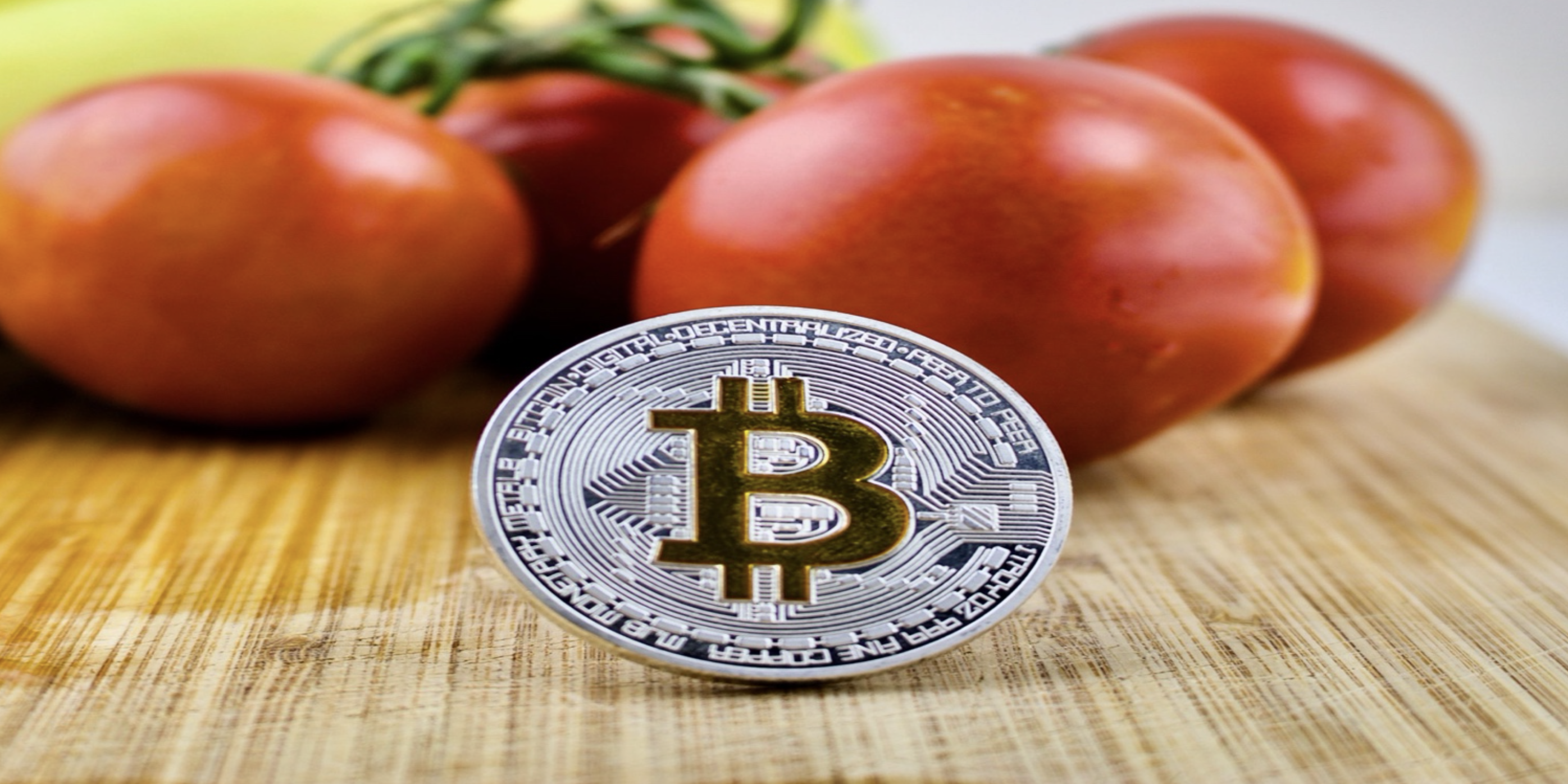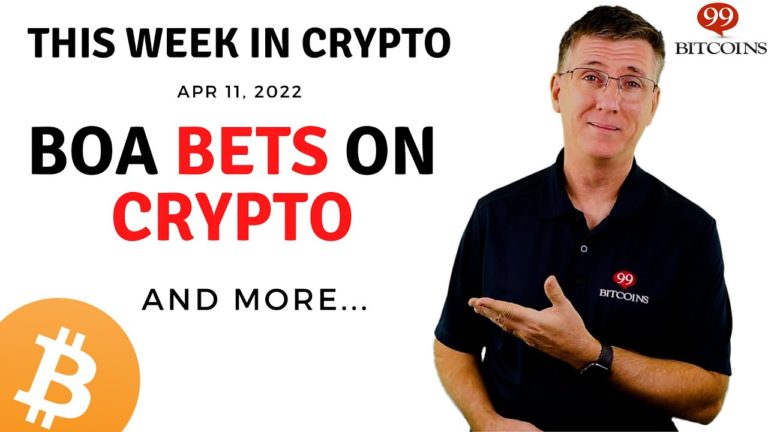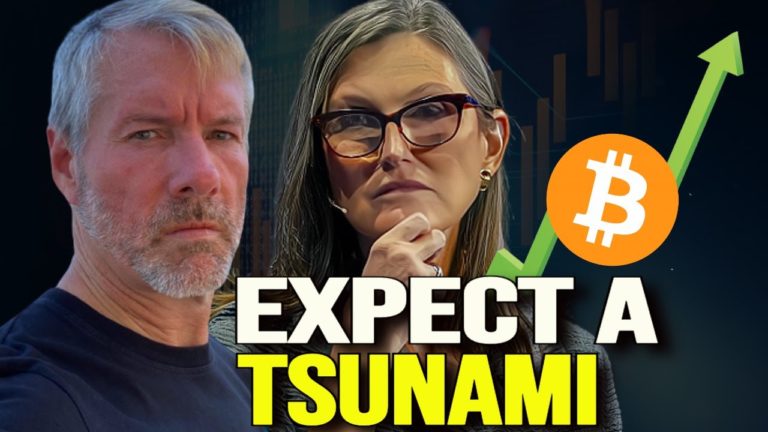Paypal and Visa are both now planning to have a Bitcoin to fiat conversion option at the point-of-sale for its customers.
Meaning, people who hold Bitcoin in their Visa and Paypal wallets will now be able to make Everyday Transactions with Bitcoin.
Additionally, Tesla now accepts Bitcoin as payment for its products. These developments give the IRS and Bitcoin skeptics some new cud to chew. In the ongoing debate over whether Bitcoin is a currency or property, we now have to factor in Bitcoin adoption by these three major Corporations into the equation.
The naysayers who contest that Bitcoin is not money often reference Bitcoin’s scaling problem, which is due to Bitcoin’s current network only being able to handle 4.6 transactions per second. This is much slower than current payment platforms, like Visa, which can handle an estimated 65 thousand transactions per second. The slow transaction speed means that Bitcoin does not settle right away, and calls into question if it can be defined as medium of exchange since it will not have wide acceptance under these circumstances.
A medium of exchange is one of the three functions of money as defined by the Federal Reserve (the other two being a store of value and a unit of account). As a store of value, Bitcoin’s place in the world in incontestable, with a current market cap of over 1 trillion dollars, it ranks in the top tier of assets. As a unit of account—exchanges across the world provide suffuse data on the price of Bitcoin at any given moment. The main point of contest over Bitcoin as money centers on its viability as this medium of exchange, which the Federal Reserve defines as follows:
“Money is a medium of exchange. This means that money is widely accepted as a method of payment. When I go to the grocery store, I am confident that the cashier will accept my payment of money”
In relation to this definition, consider the following… since Bitcoin will be converted into US dollars at the point-of-sale in the way that PayPal and Visa purport, this allows Bitcoin to act as a method of payment that is easily accepted in grocery stores. The long transaction time is thus no longer a factor, and therefore Bitcoin meets the criteria set forth by the Federal Reserve. As PayPal states: “Checkout with Crypto allows users to instantly convert their Bitcoin, Ethereum, Litecoin, or Bitcoin Cash to US dollars (with no additional transaction fees).”
Everyday transactions with Bitcoin, as medium of exchange, with PayPal, Visa and Tesla supporting it, bring Bitcoin payments into the retail world. In this way, Bitcoin is considered money by the Federal Reserve’s own definition. As such, we must question the ruling by the IRS that Bitcoin is now taxable because it is considered property and not a currency. Legislators must recognize that the pace of change with cryptocurrency is happening so rapidly, that it’s pertinent to keep apprised of developments as they occur and adjust their rulings accordingly.
Granted… at the present time, without PayPal and Visa acting as an intermediary, it may be unfeasible to go into a convenient store and buy a cup of coffee solely with Bitcoin (as we may pay a transaction fee equal to the cost of the coffee or more, and it may take 10 minutes for the transaction to settle); however, it does make sense for an individual to transact large purchases using Bitcoin due to the following:
- The Bitcoin may already be stored on a wallet that you can transfer directly to the retailer in a peer-to-peer fashion. This will avoid you having to transfer to an exchange and then to bank, which costs additional fees in fiat.
- You may wish for the transaction to be recorded on a blockchain; it’s like a digital receipt protected by cryptography.
- You may also wish to have a certain level of privacy with your transaction, which is harder to achieve through traditional payment systems.
These are just some reasons to use Bitcoin for large purchase, there are many others.
With these use cases, as well as consumer and retail interest in Bitcoin, isn’t this all the less reason for legislatures to come to any kind of conclusion on Bitcoin’s definition? In lieu of the tax laws proposed by the IRS defining Bitcoin as property and not currency, shouldn’t this ruling be reversed until we have a greater understanding of where Bitcoin will fit into people’s everyday financial life?
PayPal, Visa, and Tesla are only the first dominos in a long chain reaction that is likely to ensue:
Let’s take the car industry. The leaders of antiquated combustible companies cannot rest on the laurels of old technology as electronic vehicles produced by Tesla are disrupting the entire combustible economy. With Elon Musk becoming the lodestar for the EV economy, you can be sure that these leaders are looking at Musk’s every announcement. Savvy CEOs will look at Tesla’s Bitcoin adoption as yet another strategic business decision putting Tesla again in vanguard of technological advancement. Having already been left in the dust on EV adoption, would they risk being left behind yet again?
And let’s take the PayPal’s and Visa’s entrance into this space… how long before companies like Discover and American Express jump into crypto in fear of being left behind?
Companies all over the world inspired by Elon’s business acumen, or fear of being disrupted by a revolutionary form of money, are likely now considering transacting with Bitcoin. Car dealers, jewelers, building supply companies, or any other company that deal in large prices… they all now have the stamp of approval from Tesla. Financial institutions must now take Bitcoin seriously, as their competition in the likes of Visa and PayPal, are now threatening to upend the whole financial sector.
Perhaps legislators were too quick to judge and rule on Bitcoin; the IRS’s definition of cryptocurrency as property is certainly called into question with ongoing development surrounding this technology. We must ask, if it will now be easy to buy groceries with Bitcoin, how can it be taxed and defined differently than money sitting in a bank account?






